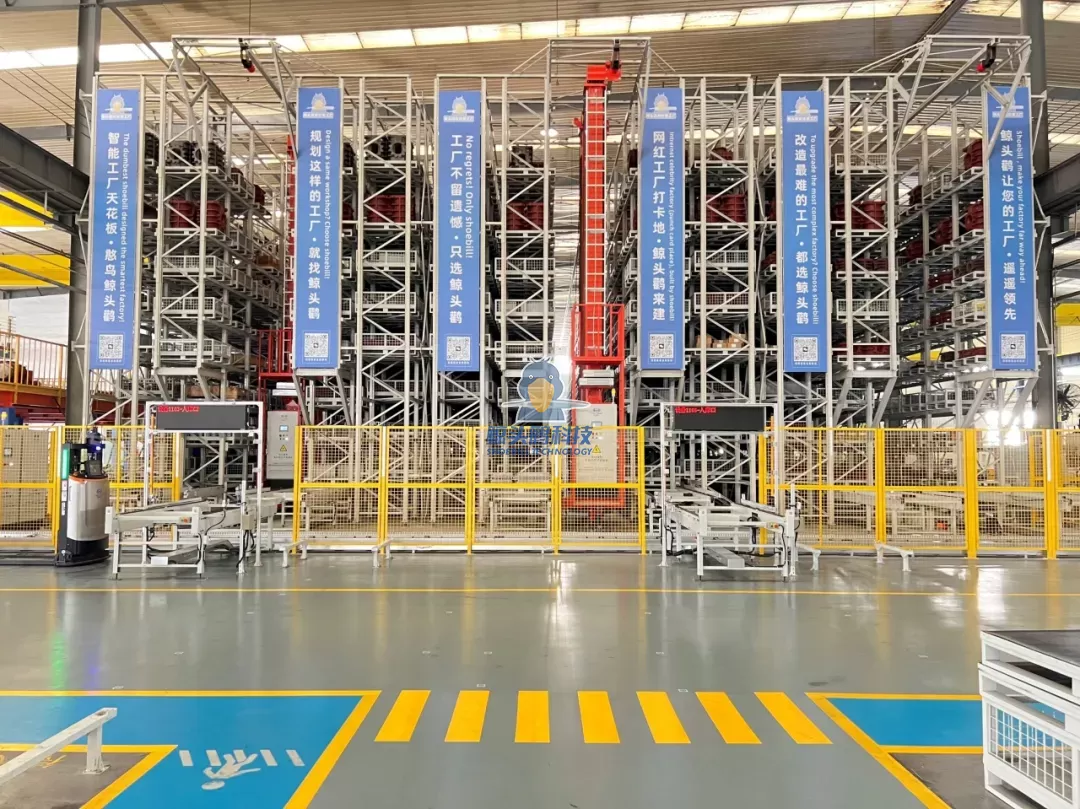Optimal Time Allocation for Efficient Room Cleaning by Maids
In the hospitality industry, the cleanliness and tidiness of hotel rooms play a crucial role in guest satisfaction. Maids are responsible for maintaining the cleanliness standards, but it is essential to determine the optimal time required for cleaning a room. This article aims to explore the factors influencing the duration of room cleaning and provide insights into how maids can efficiently manage their time.
- Factors Affecting the Time Required for Room Cleaning:
1.1 Room Size and Layout:
The size and layout of a room significantly impact the time required for cleaning. Larger rooms with more furniture and amenities may take longer to clean compared to smaller ones. Additionally, complex room layouts with multiple areas and corners can increase the cleaning time.
1.2 Room Condition:
The initial condition of the room also affects the cleaning time. If the previous guest left the room in a messy state, it will require more time and effort to restore cleanliness. Stains, spills, and excessive clutter can prolong the cleaning process.
1.3 Cleaning Standards and Procedures:
Different hotels may have varying cleaning standards and procedures. Some establishments prioritize thoroughness, while others focus on efficiency. The specific requirements and protocols set by the hotel management can influence the time allocated for cleaning tasks.
- Efficient Time Management for Maids:
2.1 Prioritizing Tasks:
Maids should prioritize tasks based on their importance and time required. For example, changing bed linens, sanitizing bathroom fixtures, and vacuuming should be given higher priority. By focusing on critical tasks first, maids can ensure that the most essential cleaning duties are completed within the allocated time.
2.2 Utilizing Cleaning Tools and Technology:
Using advanced cleaning tools and technology can significantly reduce the time required for cleaning. For instance, high-powered vacuum cleaners, steam mops, and automated cleaning equipment can enhance efficiency and effectiveness. Maids should be trained to utilize these tools effectively.
2.3 Streamlining Processes:
Identifying and eliminating unnecessary steps in the cleaning process can save valuable time. Maids should regularly review their cleaning procedures and identify areas where they can streamline tasks without compromising quality. For example, grouping similar tasks together or using multipurpose cleaning products can optimize efficiency.
2.4 Time Tracking and Performance Evaluation:
Implementing a system to track the time spent on each room can help maids identify areas where they can improve their efficiency. Regular performance evaluations can provide feedback and training opportunities to enhance time management skills.
Conclusion:
Efficient time management is crucial for maids to ensure that hotel rooms are cleaned thoroughly within the allocated time. Factors such as room size, condition, and cleaning standards influence the time required for cleaning. By prioritizing tasks, utilizing advanced tools, streamlining processes, and tracking performance, maids can optimize their time allocation and deliver high-quality cleaning services.




